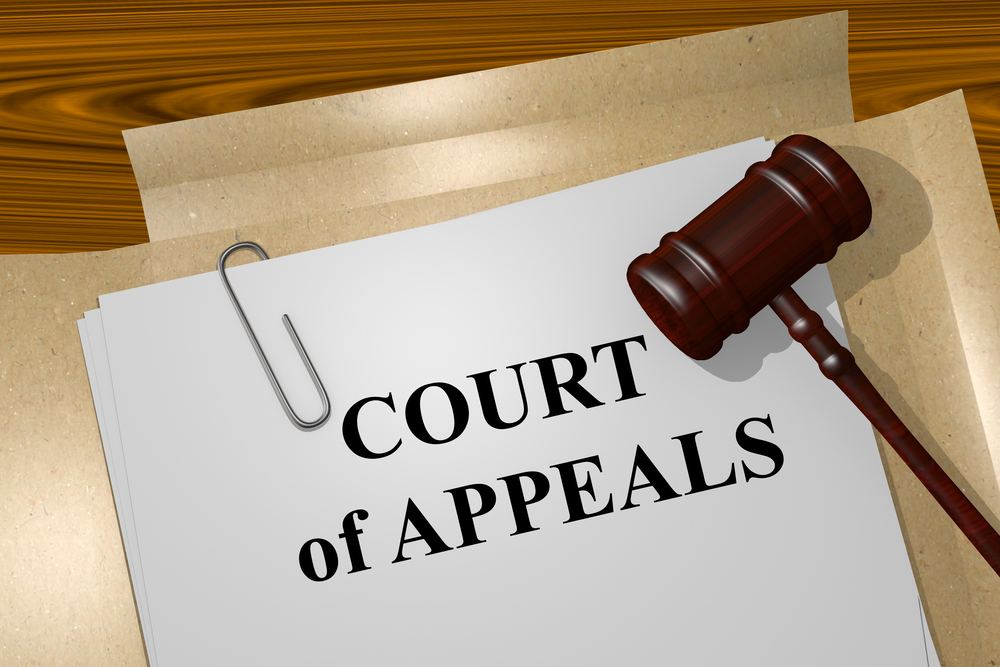Stop Woke Act Stopped by the Eleventh Circuit Court of Appeals…For Now
Stop Woke Act Stopped by the Eleventh Circuit Court of Appeals…For Now
Florida District Court’s Preliminary Injunction Blocking The Stop Woke Act Affirmed By Appellate Court
On March 4, 2024, the Eleventh Circuit Court of Appeals upheld the district court’s injunction, effectively blocking the Stop Woke Act workplace provisions that prohibited employers from conducting certain mandatory HR trainings until resolution of the underlying district court lawsuit. Section 760.10(8), Florida Statutes, commonly referred to as “The Stop Woke Act” was approved by Governor DeSantis on April 22, 2022, with an effective date of July 1, 2022. However, on August 18, 2022, the U.S. District Court, Northern District of Florida, quickly issued a temporary injunction blocking portions of the Act that restrict how employers can discuss race and sex during required HR training. The district court reasoned that the mandatory training in the workplace provisions are unconstitutionally vague and unlawful content in violation of the First Amendment.
Opposing Positions
The plaintiff, companies Honeyfund and Primo Tampa, want to host mandatory training sessions they characterize as highlighting “diversity, equity, and inclusion” issues and claimed the Act prohibits them from sharing their viewpoints, violating their First Amendment rights to free speech. The defendants, Florida Governor DeSantis, Attorney General, and members of the Florida Commission on Human Relations (hereinafter referred to as “Florida”), claimed that the First Amendment does not apply because the Act restricts conduct, not speech, and justified the Act as an antidiscrimination law.
Appellate Court Rejects Florida’s Argument that the Act Regulates Conduct, Not Speech
The Eleventh Circuit disagreed with Florida that the Act regulates only conduct, concluding that the Act prohibits mandatory employee meetings, but only when those meetings include speech endorsing certain ideas. In other words, if Florida disapproves the message, the meeting cannot be required. As such, the appellate court found the Act facially prefers certain viewpoints and its application to meetings and employer training turns on the speech conveyed at those meetings. The appellate court concluded that such favoritism violates the First Amendment. In rejecting Florida’s argument that the Act governs conduct and not speech, the appellate court noted that “the First Amendment is not so easily neutered.”
The appellate court found that because the ideas targeted in the Act – “wokeness,” “CRT” – are embraced in some communities and despised in others, no matter what, by limiting its restrictions to a list of ideas designated as offensive, the Act targets speech based on its content. Thus, the appellate court concluded that by barring only speech that endorses any of those ideas, it penalizes certain viewpoints – the greatest “First Amendment sin.”
Court Rejects Florida’s Argument that the Act Targets Discrimination
The Eleventh Circuit also rejected Florida’s argument that the Act regulates discrimination. The appellate court noted that just because some people find the views targeted in the Act deeply troubling does not mean that by banning them, Florida is targeting discrimination. “To discriminate generally means to treat differently.” The Act does not regulate differential treatment; the employer’s speech, offensive or not, is directed at all employees, whether they agree with it or not. The Eleventh Circuit held that Florida has no compelling interest in creating a per se rule that some speech, regardless of its context or the effect it has on the listener, is offensive and discriminatory. “It is firmly settled that under our Constitution, the public expression of ideas may not be prohibited merely because the ideas are themselves offensive to some of their hearers.”
Even if we presumed that the Act served the interest of combating discrimination in some way, …[b]anning speech on a wide variety of political topics is bad; banning speech on a wide variety of political viewpoints is worse. A government’s desire to protect the ears of its residents is not enough to overcome the right to freedom of expression.
Appellate Court Remained Neutral As to Underlying Florida Politics
The Eleventh Circuit upheld the principles set forth in the First Amendment, unpersuaded that present day Florida politics should come into play:
This is not the first era in which Americans have held widely divergent views on important areas of morality, ethics, law, and public policy. And it is not the first time that these disagreements have seemed so important, and their airing so dangerous, that something had to be done. But now, as before, the First Amendment keeps the government from putting its thumb on the scale.
…
Florida may be exactly right about the nature of the ideas it targets. Or it may not. Either way, the merits of these views will be decided in the clanging marketplace of ideas rather than a codebook or courtroom.
The First Amendment “presupposes that right conclusions are more likely to be gathered out of a multitude of tongues, than through any kind of authoritative selection. To many this is, and always will be, folly; but we have staked upon it our all.” The First Amendment stands for the principle that debate on public issues should be uninhibited, robust, and wide-open. Intellectual and cultural tumult do not last forever and the U.S. Constitution is unique in its commitment to letting the people, rather than the government, find the right equilibrium. Regardless of how controversial an idea is, if the government sets the terms of the debate, that is poison, not antidote.
The Eleventh Circuit found that the Act exceeds the bounds of the First Amendment. The Act keeps both willing and unwilling listeners from hearing certain perspectives—for every person who finds these viewpoints offensive, there may be another who welcomes them. No government can “shut off discourse solely to protect others from hearing it.” Instead, “in public debate we must tolerate insulting, and even outrageous, speech in order to provide adequate breathing space to the freedoms protected by the First Amendment.” Because the Act undermines these basic principles, the appellate court concluded that it must be enjoined. Of note, the appellate court made clear that its ruling applies only to the private employer training provision and should not be construed as addressing any other part of the Act, such as the provision of the law prohibiting certain public-school instruction.
What’s Next for Employers?
The preliminary injunction will now be in place until there is resolution of the underlying lawsuit in the district court. This means that the prohibition on certain mandatory trainings as outlined in the Act have no effect for the time being. Presently, Florida employers may proceed with their DEI trainings, but they would be wise to stay abreast of developments in this case and future proposed legislation that may impact their future ability to provide such trainings. Employers should contact their attorneys if they have questions about the appropriateness of their particular DEI training.










